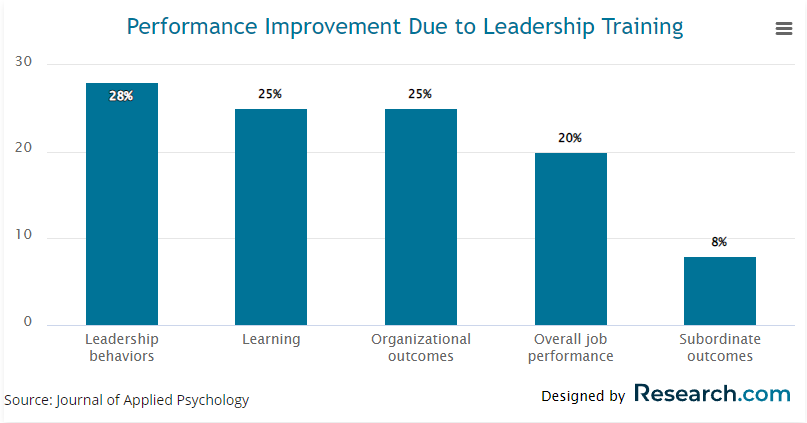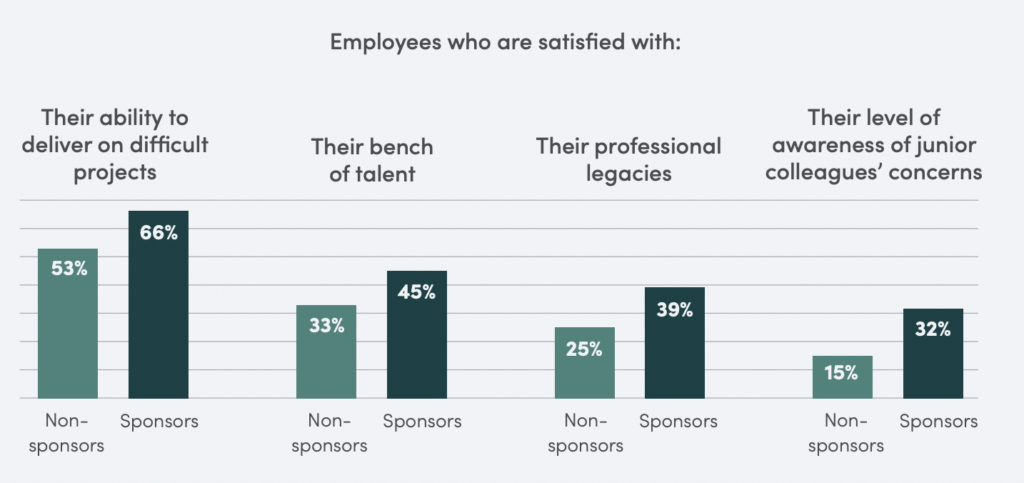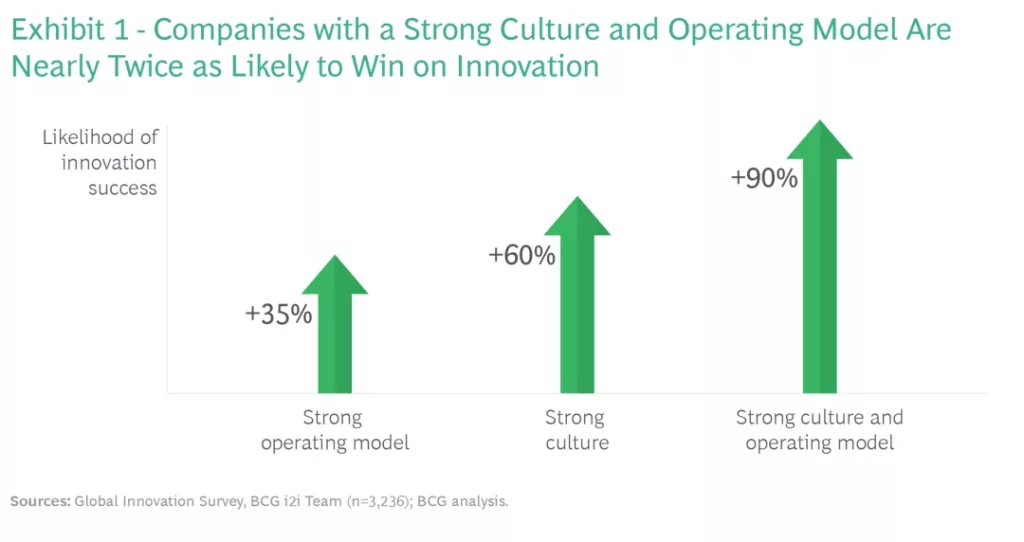By Dutch Mendenhall, Founder — RADD Companies
Reaching the pinnacle of success for business development requires a commitment to leadership development. Without it, the foundation of the business begins to crumble, and business plans fall apart.
When reflecting on what it means to develop remarkable leaders, it becomes evident that no singular, standardized path to leadership excellence exists. The best approach requires a nuanced amalgamation of tailored strategies honed through years of understanding and adapting to individuals’ unique needs and aspirations. Through this understanding and adaptability, the seeds of great leadership may be nurtured most effectively.
Personalized leadership development

When creating effective leadership programs, they must align with each leader’s unique attributes and aspirations. Instead of a one-size-fits-all approach, crafting development initiatives that match individuals’ specific skills, ambitions, and areas for growth is favored to ensure the initiatives resonate deeply and foster an environment encouraging individual growth.
The core lies in a leader’s continual presence among diverse departments and team members, fostering connections and addressing differences between organizational goals and actions, including involvement in investor relations, accounting, and team discussions. Acknowledging the diverse dynamics in various teams and leadership roles, understanding the distinct requirements of different contexts becomes crucial, enabling programs to be finely tuned to each aspiring leader’s challenges and peculiarities.
Beyond traditional leadership frameworks, empowering leaders through self-discovery is essential. Leaders should engage in self-assessment exercises to analyze their strengths, values, and areas needing further development to instill a sense of ownership, empowering them to engage in their growth journey and embrace their unique leadership identities.
Mentorship and coaching

Both leadership and management require a consistent presence, drawing parallels between a leader’s role in coaching college baseball and guiding teams across departments. The dedication to understanding movements and addressing challenges aligns with principles discussed in books like “Leaders Eat Last” by Simon Sinek and “Make Your Bed” by Admiral William H. McRaven.
Mentorship and coaching form the foundation of this approach. Guidance from experienced mentors significantly impacts the journey toward exceptional leadership. Through these relationships, leaders gain insights, wisdom, and perspective honed through experience, aiding them in navigating challenges and seizing opportunities with heightened acumen. Studies indicate that 70% of managers attribute team performance and collaboration improvements to coaching.
Coaching serves as a catalyst for introspection and skill enhancement. The initiatives aren’t rigid but act as guiding lights, allowing leaders to discover their potential and refine their abilities. Coaching is pivotal in amplifying leadership effectiveness by nurturing a culture of continuous learning and growth. Surveys of Fortune 100 companies demonstrate coaching, yielding an average ROI of seven times the initial investment.
Establishing an environment where mentorship and coaching are integral to organizational culture is crucial in leadership development. It’s not solely about pairing mentors with mentees — it’s about fostering genuine, trust-based relationships transcending hierarchical boundaries, ensuring a seamless exchange of knowledge and wisdom.
A culture of innovation
Those who recognize the profound impact innovation has on leadership can conscientiously cultivate a culture that celebrates and nurtures inventive thinking within their organization. Strategies for leadership development should aim not merely to maintain pace with change and disruption but to actively lead such transformations, empowering leaders to push boundaries, take calculated risks, and infuse fresh ideas into every facet of operations.
Leadership is about spearheading innovation, creating novel approaches, and diving deep into research — an ongoing commitment to being present with team members across different departments. Management, conversely, revolves around overseeing specific realms like investor relations, accounting, and day-to-day operations, ensuring alignment with the broader organizational vision.
Leaders at all levels should be encouraged and empowered to embrace an entrepreneurial spirit. This allows the organization to construct an environment where creative thinking and reasoned experimentation are welcomed and incentivized. Studies show that companies that promote a culture of innovation are 60 percent more likely to be innovative leaders.
Impactful leadership development demands initiatives crafted to catalyze innovation through collaboration. Providing platforms that facilitate the exchange of ideas enables cross-pollination of insights across departments and hierarchies. By fostering such collaborative engagement and dismantling outdated silos, a torrent of creativity can be unleashed to fuel the collective quest for innovation that drives organizational evolution.

A culture of innovation isn’t devoid of challenges — it demands a willingness to accept calculated risks and learn from failures. In organizations that adopt this mindset, mistakes are viewed as stepping stones to progress, lessons that enrich our collective understanding and propel us forward. This mindset shift encourages leaders to explore uncharted territories, creating an environment where breakthroughs flourish.
Informed decision-making
Leaders immerse themselves in research, innovation, and regular check-ins with team members, demonstrating an understanding of departmental intricacies. Managers, however, concentrate on overseeing specific areas, ensuring smooth day-to-day operations without necessarily delving into the extensive research and innovation that characterizes leadership.
Data analysis serves as a guiding compass, enabling organizations to derive meaningful insights and identify patterns that inform their decision-making process. By distilling complex data into actionable intelligence, organizations equip themselves with the foresight to anticipate challenges and capitalize on opportunities.
A robust commitment to data-driven leadership development necessitates implementing a comprehensive data collection and analysis approach. Systematically gathering diverse data points, from performance metrics to qualitative feedback, allows organizations to create a more holistic view of leadership progression trajectories. A data-driven approach empowers continual iteration and refinement of leadership development strategies.
Rather than view data as a static repository, organizations should leverage it as a dynamic tool that enables adaptation and evolution. Through iterative improvements grounded in empirical evidence, the relevance and impact of leadership initiatives can be enhanced. Development programs can calibrate progress through metrics and feedback to address emerging needs and opportunities by closely tracking progress. A comprehensive analytics integration lays the foundation for a leadership strategy that accelerates growth.
While data offers invaluable insights, it is complemented by human judgment and experience. An impactful approach blends empirical evidence with such earned wisdom to create a harmonious synergy, informing prudent decision-making.
At its core, a robust organizational approach to leadership development must anchor itself in certain foundational principles, including personalization, mentorship, inclusion, innovation, and data-driven decision-making. There is no uniform path to cultivating exceptional leaders. Rather, it necessitates tailored strategies aligned to individuals’ unique strengths and developmental needs.
Research indicates that leadership training initiatives that embrace personalization and experiential learning increase participants’ capacity for learning by 25 percent and their performance by 20 percent. Holistic programs that provide access to seasoned mentors promote inclusivity, incentivize innovation, and leverage analytics thus form the bedrock for long-term success.
Through mentorship programs and coaching initiatives woven into the organizational fabric, organizations can provide consistent guidance and support structures that catalyze growth. An emphasis on diversity, equity, and inclusion ensures that leadership development opportunities are accessible to all, while a culture of innovation empowers leaders to think disruptively. Underpinning these strategies is an evidence-based approach that utilizes data to gain insights, iterate on programs, and drive continual improvements.
Through enacting a multidimensional approach, organizations can actively nurture the next generation of remarkable leaders, equipping them with the critical capabilities to thrive in an inevitably evolving landscape. On your journey of impactful leadership development, it’s important to dedicate and remain focused on fostering growth through experience, adaptability, and — perhaps most importantly — a commitment to realizing the highest latent potential within every leader.
By embracing frameworks anchored around personalization, mentorship, inclusion, innovation, and data, the scaffolding can be constructed to support exceptional leaders no matter the uncertainties ahead. This continuous nurturing of potential from within provides the strongest foundation for leadership excellence over the long term.
About the Author: Dutch Mendenhall, the visionary founder of RADD Companies is a husband, father, and man of faith. He’s a force of nature marked by extraordinary achievements, including the Wall Street Journal bestselling author of “Money Shackles: The Breakout Guide to Alternative Investing” as well as President of the Alternative Investment Associations (AIA), and recipient of the Patriot Legacy Award. Dutch has partnered with thousands and thousands of people who have achieved direct results in their money game.
